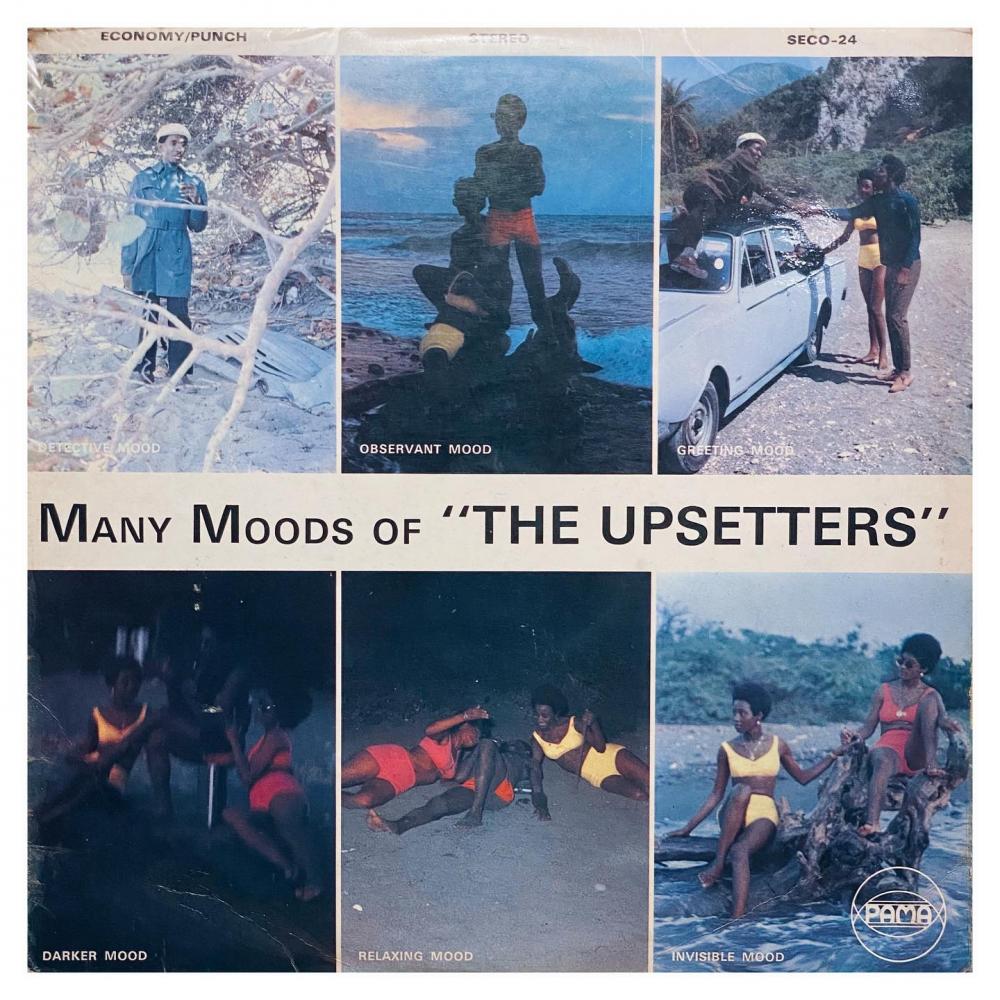"Hello, Hello, Hello … This is a skeleton from outer space having a party."

The reggae icon Lee "Scratch" Perry died in Jamaica on Sunday from an unspecified illness. He was 85. As singer and visionary producer/studio owner, he was a key pioneer in the development of reggae and dub reggae music.
Born in Hanover parish in Jamaica in 1936, Perry got his start with the legendary Studio One, a reggae studio and label, owned by Clement "Coxsone" Dodd. He worked a variety of jobs, from DJ to record store manager to performer and recording artist. His "Scratch" nickname came from a 1965 single, The Chicken Scratch. Always strong-willed, he split from Dodd and then worked with producer Joe Gibbs before that relationship soured.
In the late 60s, Perry formed The Upsetters, a band originally called Gladdy's All-Stars and led by keyboard player Gladstone Anderson. The band had an international hit with Return Of Django which reached the Top 5 of the UK pop charts. I was 14 at the time and had discovered ska music, so The Upsetters, and of course, ska master Prince Buster (also produced by Perry) were on my cheap turntable.
From the late 60s to 1973 he worked with Bob Marley and the Wailers. In fact, some of the Wailers came from The Upsetters. Later on, one of Marley's sons would comment that Perry facilitated Marley on his path to fame by developing the sound of classic reggae.
Perry's first three albums, The Upsetter (1969), Return Of Django (1969) and Clint Eastwood (1970) -- Perry had a thing about spaghetti Westerns -- are all essential albums for those interested in Jamaican popular music.
And by 1973, he had opened his own studio, where the real fun began. He called the studio The Black Ark and once inside its padded walls began to experiment with sounds -- using drum machines, gadgets and utilising any sonic groove that took his fancy. He added "found sounds" like breaking glass, animal and insect noises and rifle shots. This was all done with basic equipment. Even more important than his use of found sounds was his development of layered recording techniques which enabled him to create more lavish productions.
When I worked as a lecturer at Brixton College of Further Education in the early 1980s, another one of his songs -- Police And Thieves by Junior Marvin became the soundtrack to the social unrest of that time. Punk rockers The Clash released their version of the song in the late 1970s (they would later seek out Perry to produce their work). The Junior Marvin song became something of a reggae anthem, joining other timeless Perry tracks like The Congos' wonderful Heart Of The Congos, along with several Heptones hits like Party Time.
As Perry experimented with production techniques during studio sessions, he developed his layering technique along with spacey drum and bass, echo and reverb, creating what would become known as dub music which emphasised heavy bass and sonic space. This innovation would influence not just the development of reggae music but also hip-hop and rap.
In addition to his prolific work as a solo artist, he also collaborated and produced a long list of music luminaries from Paul McCartney to The Clash to the Beastie Boys. He also worked closely on 10 albums with Mad Professor (Neil Fraser) who along with producers like Dennis Bovell introduced dub sounds to the UK from their various South London bases.
Mad Professor would take the dub gospel and spin it into the success of bands like Massive Attack.
I was looking at the list of Perry's collaborators during the latter part of his career and it is amazing. He worked with just about everyone. Even Keith Richards pops up on some records.
His later work included tours with Swiss band Lee Perry and the White Belly Rats and with New York band Dub Is A Weapon.
I like to play some Lee Perry when I hold my DJ nights. Having A Party and Roast Fish And Cornbread are always popular on the dance floor.
Perry is without doubt one of the great popular music innovators from the 20th century. He helped create the classic reggae sound of Bob Marley, dancehall reggae and, of course, dub. Some commentators have called him the "Salvador Dali of Jamaican music", but I don't think Dali considered himself an alien. I think Perry is more akin to his extra-terrestrial brother Sun Ra, another "brother from another planet". RIP Lee Perry, you will be missed.
John Clewley can be contacted at clewley.john@gmail.com.

